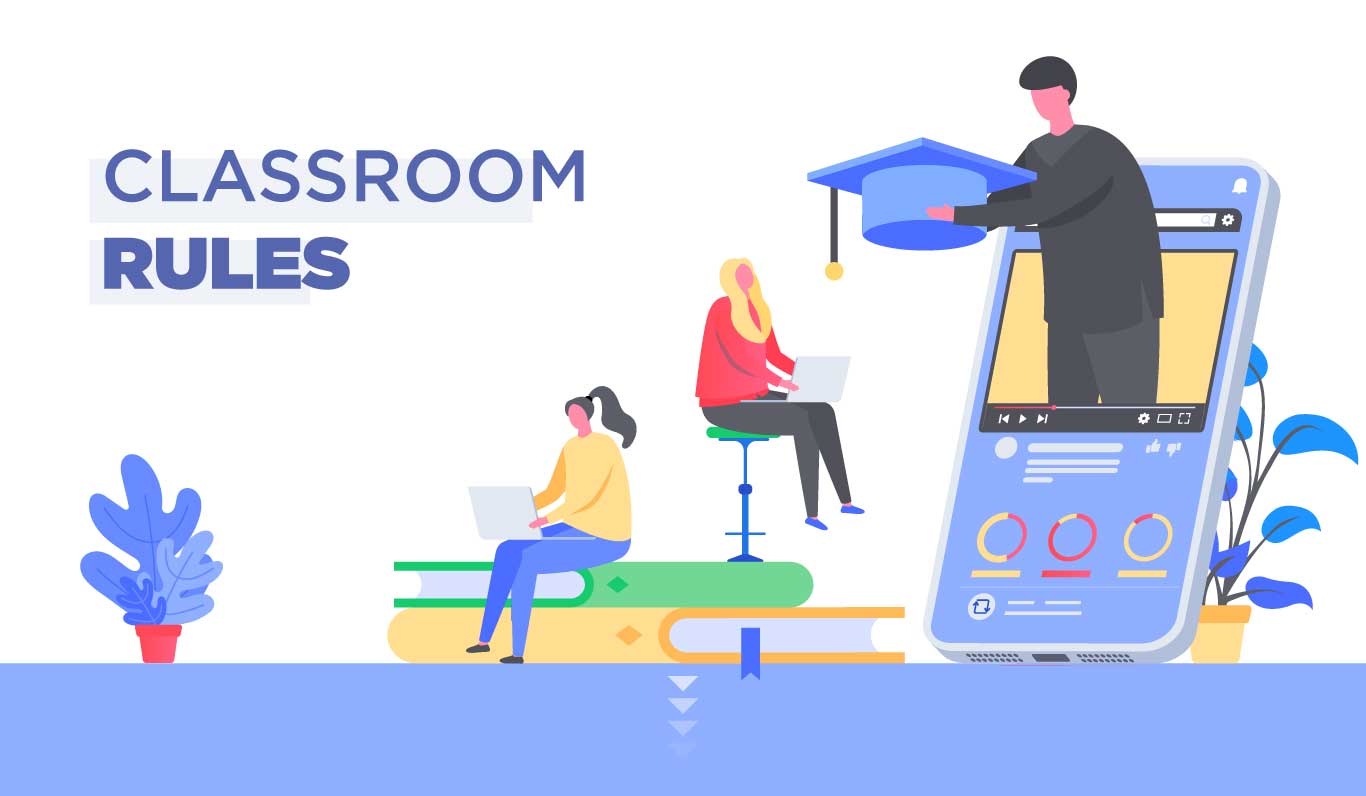Classroom Rules

EXPECTATIONS & POLICIES
BrainStorm instructors are required to communicate their expectations of their students on the first day of any class session. Instructors will also reiterate these expectations over the course of the session and anytime expectations are not being met. These expectations include but are not limited to:
Being respectful to oneself and others.
Keeping hands, arms, feet, and legs to oneself.(In-person)
Not interrupting while the instructor is talking, especially since vital information on safety is introduced before the start of any activity.
Using school-appropriate language at all times.
Speaking to fellow students respectively, as bullying of any kind is unacceptable.
Being honest when an incident has occurred.
Follow directions and listen.
Come to class prepared to focus and be on time.
Leave gum, food and beverages in your bags until snacktime.
Keep your hands, feet and other objects away from others.
Respect the Teacher, Students, Equipment and Parents.
PROACTIVE CLASSROOM MANAGEMENT
Proactive classroom control begins with setting the tone in your room in the first few minutes before behaviors can become problems. If you miss the opportunity for a smooth, controlled start, you will spend more of your time trying to calm things down and regain control. By following a routine that the students can count on, a proactive teacher can head off many discipline problems that more reactive teachers face daily. For example, students arrive to class over the course of several minutes, but the children go right to work on a daily start-up activity when they enter the room (i.e. LEGO Building). As the reactive teacher’s classroom fills up, students are talking, joking, and waiting for class to start. Each period, each day the reactive teacher has to break their momentum, cut through the energy, and pull his students onto the task. When the bell rings, the proactive teacher’s class has been on task for some time, while her colleague is already in a reaction mode, trying to settle his students down. If a student appears to be becoming frustrated, intervene as soon as possible in order to prevent the misbehavior from occurring (e.g., say “Harry, may I help you with your assignment?”).
